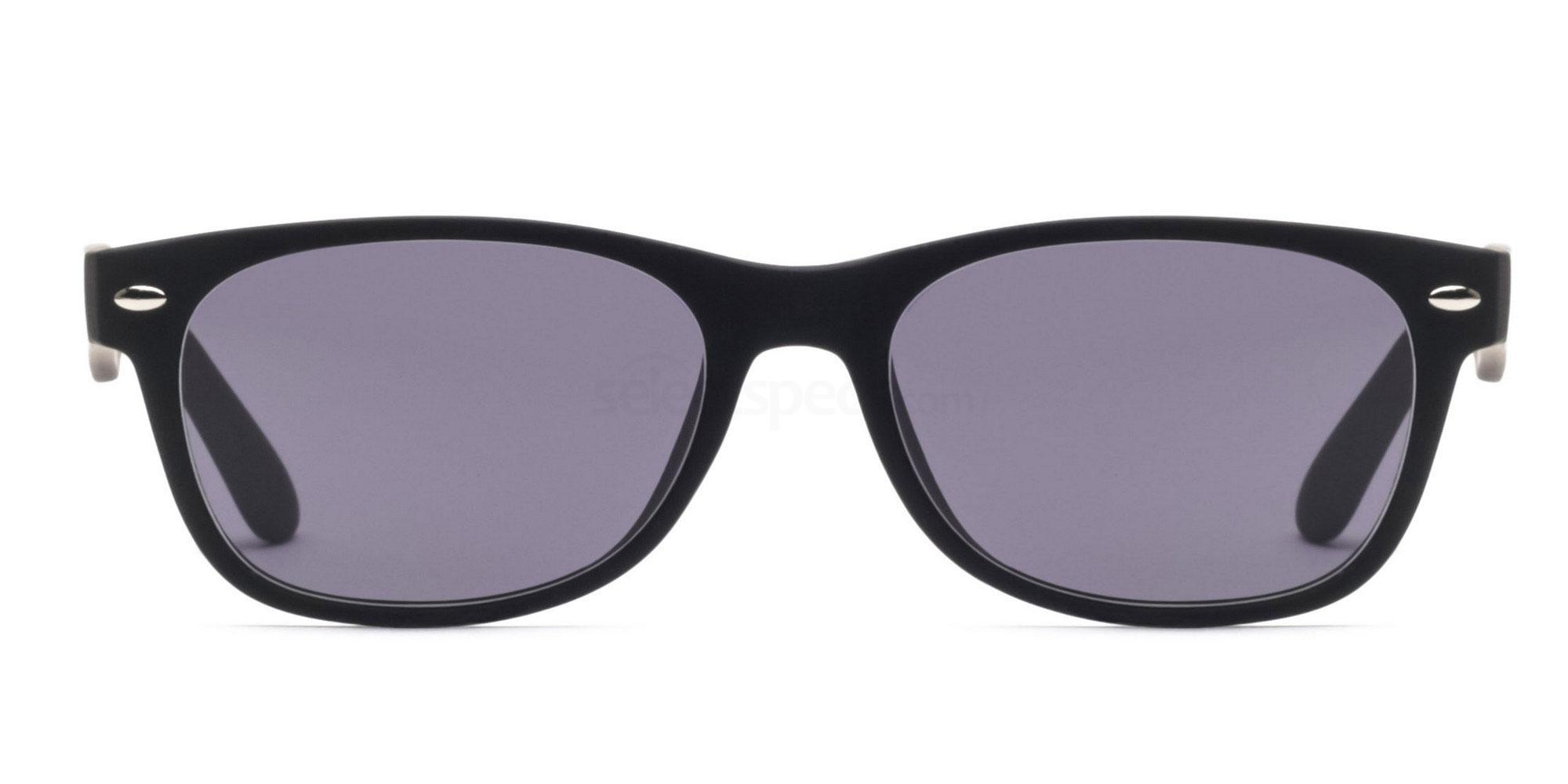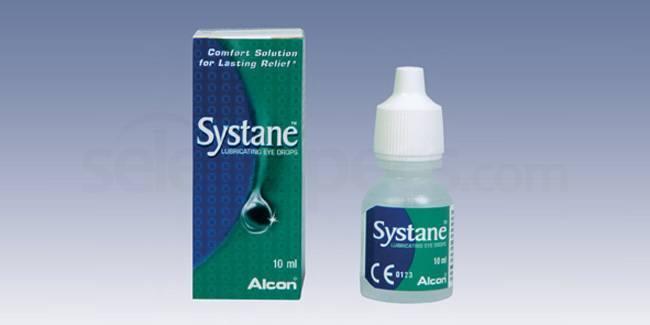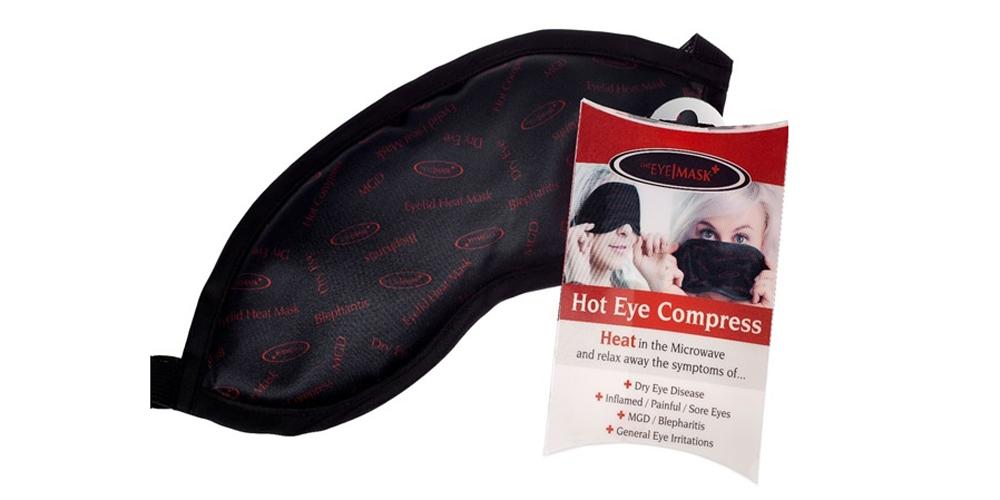Most people are on the ball when it comes to protecting their eyes from the summer sun. And few of us ever jet off to a sunny destination or head out in sunny weather without a pair of shades. When it comes to the hot weather season, we’re pretty good looking after our peepers.
Unfortunately, the same doesn’t go for winter. Many of us forget the importance of wearing sunglasses in winter time. But it’s just as – if not more – important in winter as it is in summer to keep eyes protected from the sun’s glare.
Snow can reflect up to 85% of the sun’s harmful UV rays, making it even more dangerous and damaging to your eyes (in extreme cases, there could be a risk of cornea sunburn and snow blindness). And for those who are planning a winter ski trip, it’s important to remember that UV radiation increases 5% for every 1,000 feet you go above sea level. So wearing sunglasses is absolutely essential in high altitude places.
Here are 5 tips to protect your eyes in the winter time.
1. Wear Sunglasses
Not only is it imperative to wear sunglasses in winter, but you need to shop for the right ones. UV400 lenses block out 100% of the sun’s UV rays so only buy sunglasses with these lenses.
For affordable sunglasses that come with guaranteed UV400 protection, shop our budget Savannah collection of eyewear at Select Specs.

2. Keep Your Eyes Hydrated
Dry eye syndrome is a common problem in winter time, due to the lack of moisture in the air. This is another benefit of wearing sunglasses because they can shield your eyes from wind and flying debris.
Drinking water also helps to keep your whole body hydrated, and using eye drops can help to relieve dry or itchy eyes. Systane Lubricant Eye Drops are highly recommended for anyone who suffers from dry eyes in the winter.

3. Take Supplements
AREDS supplements have been clinically tested by the National Eye Institute (NEI) and studies have shown that taking a high level of antioxidants and zinc can actually reduce the risk of age-related macular degeneration by up to 25%.
So research has proven the effectiveness of taking supplements to boost vitamin intake. The AREDS formulation contains vitamin C, vitamin E, luteinzin and zeaxanthin, omega-3 fatty acids, zinc and copper.
4. Eat Healthily
Eating well (and exercising regularly) is an essential part of maintaining maximum health, and this applies to your eyes too. Not only are fruits, vegetables, nuts and seeds, unsaturated fats and protein important for supplying nutrients to keep your eyes in good shape – but they can also help with weight management. Obesity can lead to diabetes type 2, which can cause diabetic retinopathy, diabetic macular edema (DME), cataract, and glaucoma.
5. Rest Your Eyes
Research tells us that getting a good night’s sleep is crucial for allowing eyes to recharge. The lack of light in winter can sometimes affect your body’s Melatonin levels, which can play havoc with your body clock and sleep patterns. Seasonal Affective Disorder (SAD) can also interfere with your sleep. So make sure you try to establish a routine during the winter months to ensure that your eyes are well rested.
The need for more artificial lighting in homes and offices can also create eye strain problems. Those who work with computers all day long should also take regular breaks as the blue light emitted from the LED screens can cause eye strain and tiredness. A great way to relieve these symptoms is to use hot or cold compresses.

Tag #SelectSpecsSelfie for a chance to be featured on
our page!



